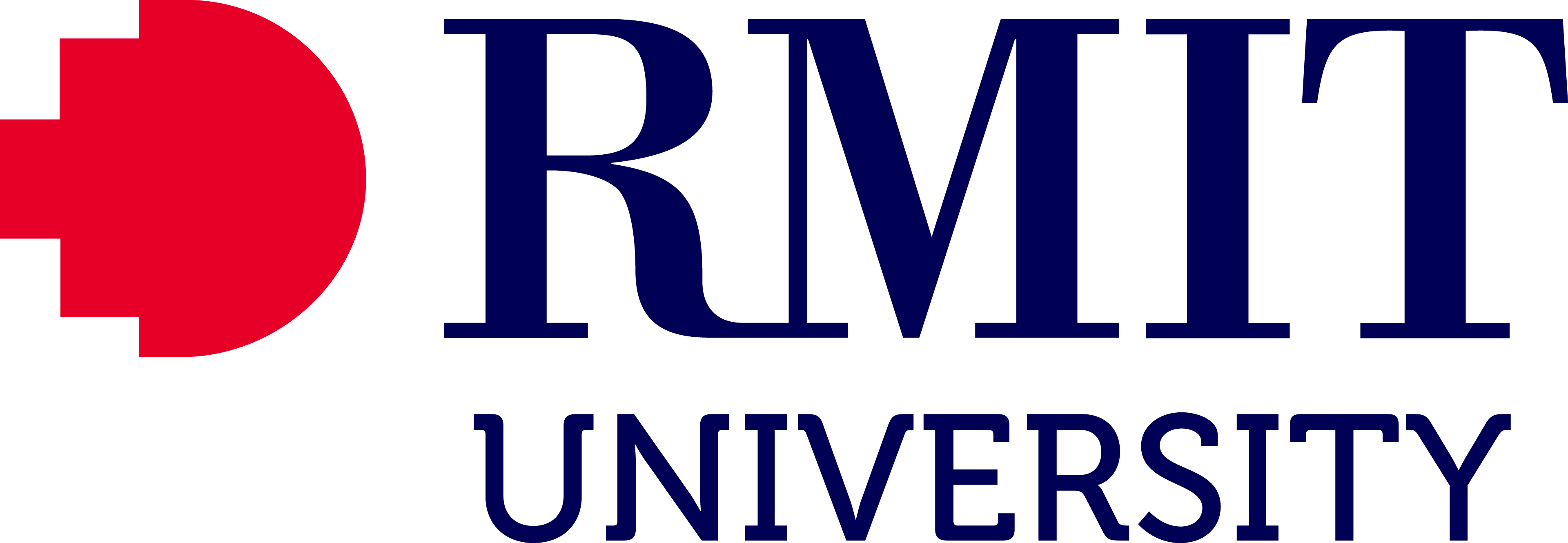We are looking for highly skilled and security-conscious engineering workforce to support mission-critical systems, infrastructure, and innovation. This framework outlines key capability areas across engineering and technical services, structured to support both junior-level development and expert-level leadership . Roles span from hands-on technical support to strategic engineering management, with a strong emphasis on safety, security, and compliance with defence standards. Note: All candidates must hold or be eligible to obtain an appropriate Australian Government Security Clearance (Baseline, NV1, NV2, or higher depending on role requirements). 1. Engineering Professional Junior Level : Assist in design and development under supervision. Apply engineering principles to solve defined problems. Participate in technical reviews and documentation. Expert Level : Lead complex engineering projects. Develop and validate innovative solutions. Mentor junior engineers and contribute to strategic planning. 2. Engineering Management Junior Level : Support project coordination and reporting. Assist in resource scheduling and risk tracking. Learn defence project lifecycle and governance. Expert Level : Lead multi-disciplinary teams and manage budgets. Ensure compliance with defence standards and policies. Drive strategic initiatives and stakeholder engagement. 3. Engineering Specialist Junior Level : Develop domain-specific knowledge (e.g., radar, avionics). Conduct technical analysis and simulations. Support testing and integration activities. Expert Level : Provide deep technical leadership in niche areas. Define standards and best practices. Lead R&D and capability development. 4. Configuration & Asset Management Junior Level : Maintain configuration records and asset registers. Support change control processes. Assist in audits and compliance checks. Expert Level : Design and implement configuration management systems. Lead asset lifecycle planning and optimization. Ensure alignment with defence logistics and sustainment. 5. Technical Specialist Support Junior Level : Provide technical support for deployed systems. Troubleshoot issues and escalate as needed. Document support procedures and resolutions. Expert Level : Lead technical support strategy and escalation processes. Interface with OEMs and defence stakeholders. Develop training and support documentation. 6. System Safety Management, Assurance and Certification Junior Level : Assist in hazard analysis and safety documentation. Support safety audits and certification processes. Learn defence safety standards (e.g., MIL-STD, DEF(AUST)). Expert Level : Lead safety case development and certification. Conduct independent safety assessments. Advise on regulatory compliance and risk mitigation. 7. Cyber Engineering, System Security and Software Engineering Certification Junior Level : Support secure coding and system hardening. Assist in vulnerability assessments and patching. Learn defence cybersecurity frameworks (e.g., ISM, NIST). Expert Level : Architect secure systems and lead cyber defence initiatives. Conduct penetration testing and threat modelling. Certify software and systems against defence standards. 8. Testing and Evaluation Junior Level : Execute test plans and record results. Support integration and acceptance testing. Learn defence testing protocols and environments. Expert Level : Design and lead complex test campaigns. Develop evaluation criteria and performance benchmarks. Interface with certification bodies and operational users. Location: Fairbairn, ACT (Other ACT locations may be considered) Contract Type: Long-term (12-month initial term with potential for 2 x 12-month extensions) Security Clearance: NV1 minimum required About the Role As an Aviation Systems Architect supporting the integration and development of cutting-edge aviation systems within Defence’s digital and operational frameworks. This role is central to enhancing communications, command and control, computing, intelligence, surveillance, and reconnaissance (C4ISR) capabilities.



















